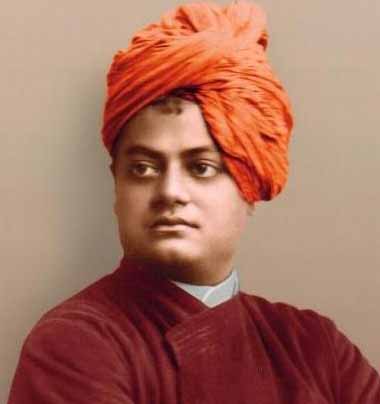Ana Fidelia Quirot pumped her strong legs, puffed out her cheeks with each breath and tried to chase down the bobbing blonde ponytail of Svetlana Masterkova, a 28-year-old Russian who was unbeaten outdoors this year in the 800-meter race and who was not the sentimental favorite last night at Centennial Olympic Stadium.
And for a while, in the last 100 meters or so, Quirot began to make up some ground. There was a moment when it seemed she could have grabbed Masterkova’s ponytail and pulled her back. But that is not the way of runners. Masterkova was running more smoothly and was finally just better.
The Olympic gold medal in the women’s 800 went to Masterkova in the relatively slow time of 1 minute, 57.73 seconds, more than four seconds off the world record of 1:53.28. Quirot, a 33-year-old Cuban, settled for the silver in a time of 1:58.11, and pre-race favorite Maria Mutola of Mozambique, who was slowed by a terrible cold, ended with the bronze in a time of 1:58.71.
That she didn’t win didn’t disappoint Quirot. She was a joyful presence watching Masterkova sprint and leap around a victory lap, and she tearfully praised her country for allowing her to recover her health. In 1993, Quirot was badly burned while cooking with kerosene at home. She nearly lost her life, and she did lose her baby. After losing her will to live for a while, after being afraid to be seen in public because of her scars, Quirot rediscovered the joy of living in her running.
Last night Quirot, who took Fidelia as her middle name in honor of Fidel Castro, returned to the Olympics, she said, as a symbol of her country’s government. Its system of medicine saved her life, she said, and its system of athletic training made her a champion. Sports made me start training again,” Quirot said. “It would have been impossible for me to come back without sports. If I had not run again, I believe I would have died, And when I started training again, that gave me life.
“I am forever thankful to Cuban medicine and for the Cuban revolution, for without the Cuban revolution, my life would not have been saved. With all the drugs to pay for, with food to pay for my family while they stayed with me at the hospital, that would have cost me millions of dollars, which I didn’t have. I am very proud to live in my country.” It was a rousing speech and heartfelt, and Quirot was crying as hard on the medal stand as Masterkova.
 Some people are courageous in war and politics. Courage makes us stronger. And when we act bravely, we make the world a better place for other people too. When good people act bravely, we want them to win. We can fight our own problems with more courage after we read true stories like these. Running for her Life A small woman lay in the hospital in Havana. Terrible burns covered her body. She could not move and she could not see. She could hear a voice close to her bed. “If Ana lives,” the doctor said, “she will never run again.” But Ana Quirot, the famous international runner, could not accept these words. Ana Fidelia Quirot was born in a small town in the east of Cuba. She was a happy child and from an early age she loved running. Sports were important to her family and they were important to Cuba too. The Cuban government wanted to produce the best doctors, the smartest teachers, and the strongest sports players in the world. There were special government schools for intelligent young scientists and for children who were good at sports. By the time she was ten years old Ana could run very fast. Soon she was winning races-often without shoes! She wanted someone from a government sports school to see her. Ana knew that only Cuba’s best students were chosen. So she practiced hard every day. At last she heard the news that she was waiting for.
Some people are courageous in war and politics. Courage makes us stronger. And when we act bravely, we make the world a better place for other people too. When good people act bravely, we want them to win. We can fight our own problems with more courage after we read true stories like these. Running for her Life A small woman lay in the hospital in Havana. Terrible burns covered her body. She could not move and she could not see. She could hear a voice close to her bed. “If Ana lives,” the doctor said, “she will never run again.” But Ana Quirot, the famous international runner, could not accept these words. Ana Fidelia Quirot was born in a small town in the east of Cuba. She was a happy child and from an early age she loved running. Sports were important to her family and they were important to Cuba too. The Cuban government wanted to produce the best doctors, the smartest teachers, and the strongest sports players in the world. There were special government schools for intelligent young scientists and for children who were good at sports. By the time she was ten years old Ana could run very fast. Soon she was winning races-often without shoes! She wanted someone from a government sports school to see her. Ana knew that only Cuba’s best students were chosen. So she practiced hard every day. At last she heard the news that she was waiting for.

